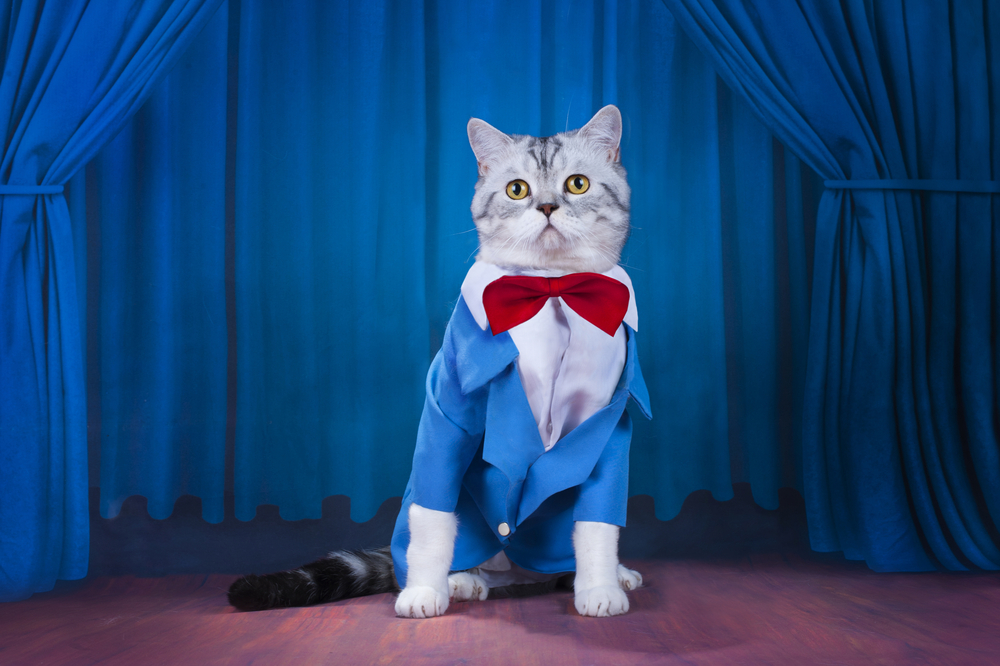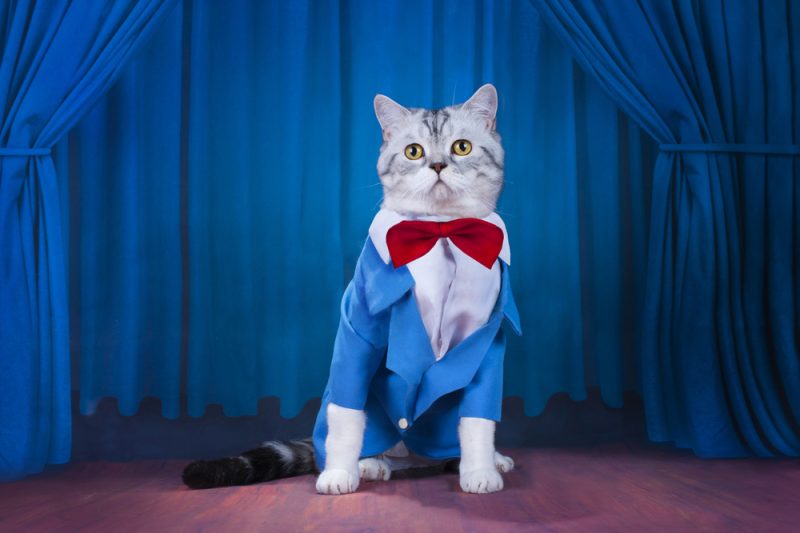With the invention of the internet, cats’ popularity has really taken off. Across social media, there are tons of famous cats that just about everyone recognizes. There are some famous cats that predate social media, too, including several cartoon cats that just about everyone recognizes.
We’ve included over the most famous cats below that just about everyone recognizes. See how many you’ve heard of before!
The 29 Famous Cats
1. Felix the Cat

| Breed: | Unknown |
| Reason for Fame: | Cartoons & Film |
Felix was one of the first cats to be shown in media. This cartoon cat first appeared in 1919 and went on to play in several silent films. He even had his own comic strips!
2. Garfield
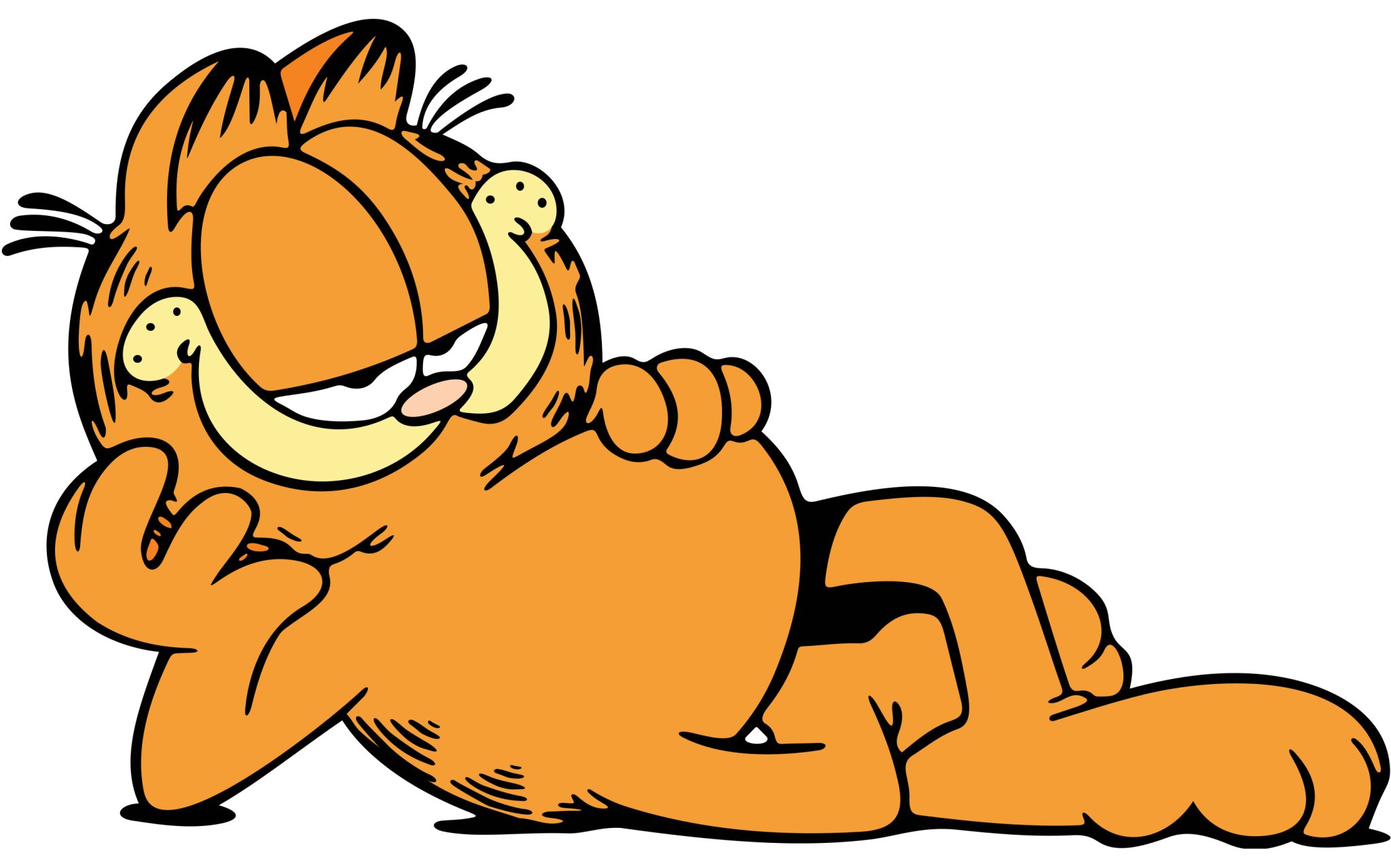
| Breed: | Orange Tabby |
| Reason for Fame: | Comic Strip |
Who doesn’t recognize Garfield? This grumpy, orange cat starred in his classic comic strip and went on to be seen in several movies and TV shows.
3. Sylvester
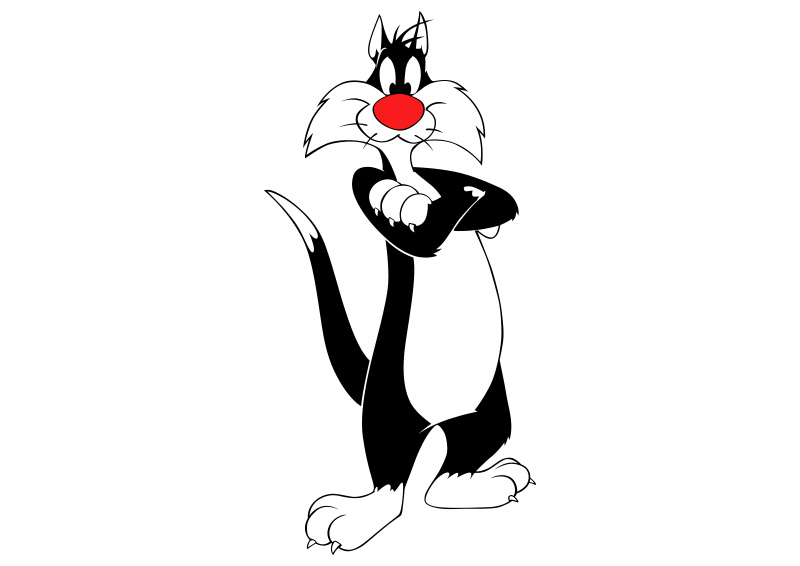
| Breed: | Domestic Shorthair |
| Reason for Fame: | Cartoons |
This scheming cat is best known as the arch-nemesis of Tweety Bird, who he regularly tries to eat. He became a staple of the Looney Tunes cartoons.
4. Tom Cat
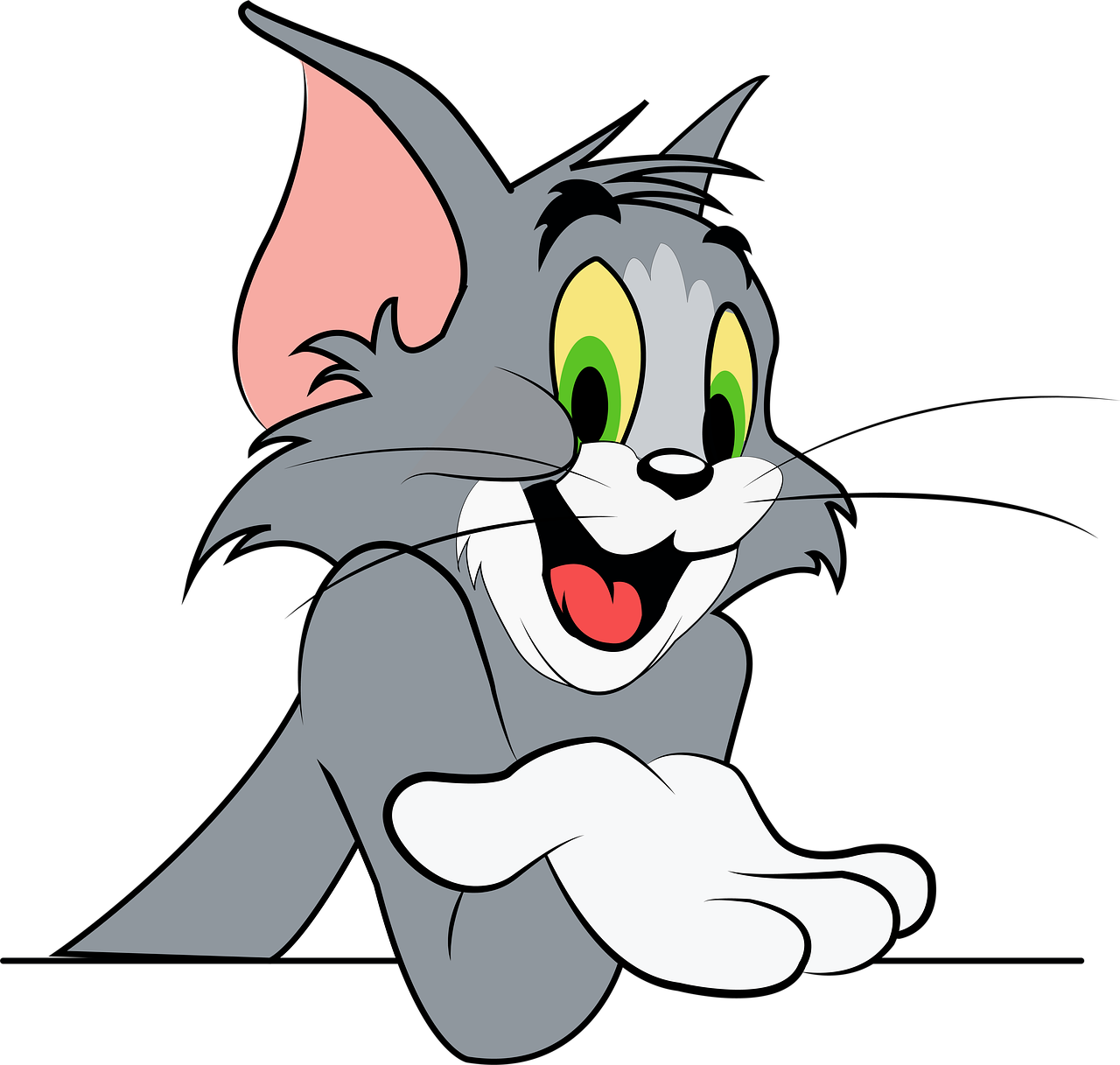
| Breed: | Domestic Shorthair |
| Reason for Fame: | Cartoons |
Tom is another Looney Tunes star. This grey-and-white cat constantly tries to catch Jerry Mouse, but his attempts usually backfire. He also starred in several other Looney Tunes cartoons.
5. Grumpy Cat
| Breed: | Snowshoe |
| Reason for Fame: | Internet |
Moving away from cartoon cats, we come to probably the most well-known cat on the internet. Grumpy Cat’s actual name is Tardar Sauce, and she was known for her permanently grumpy expression, which was caused by dwarfism. Despite her looks, she was actually a fairly sweet cat.
6. Lil Bub
| Breed: | Manx |
| Reason for Fame: | Internet |
Just like grumpy cat, Lil Bub has a genetic mutation that has stolen many hearts online. She has a permanent kitten-like appearance, but her life isn’t without its challenges, either. Her fame helped her owner raise funds for cats with special needs.
7. Nala Cat
| Breed: | Tabby |
| Reason for Fame: | Internet |
Nala cat is one of the more recent famous felines. She has a cross-eyed gaze that’s made her famous. She’s best known for her funny expressions, but she’s also a very well-behaved cat.
8. Sammie
| Breed: | Scottish Fold |
| Reason for Fame: | Internet |
Sammie has over 10 million Instagram followers. This feline is a Scottish Fold that’s known for her big round eyes and fluffy fur. Unlike many other cats on this list, she does not have a genetic condition or chronic illness.
9. Maru
| Breed: | Domestic Shorthair |
| Reason for Fame: | Internet |
Maru is another internet cat, and he is from Japan. He is famous for his love of boxes and hilarious YouTube videos. He currently has millions of followers across several platforms.
10. Cheshire Cat
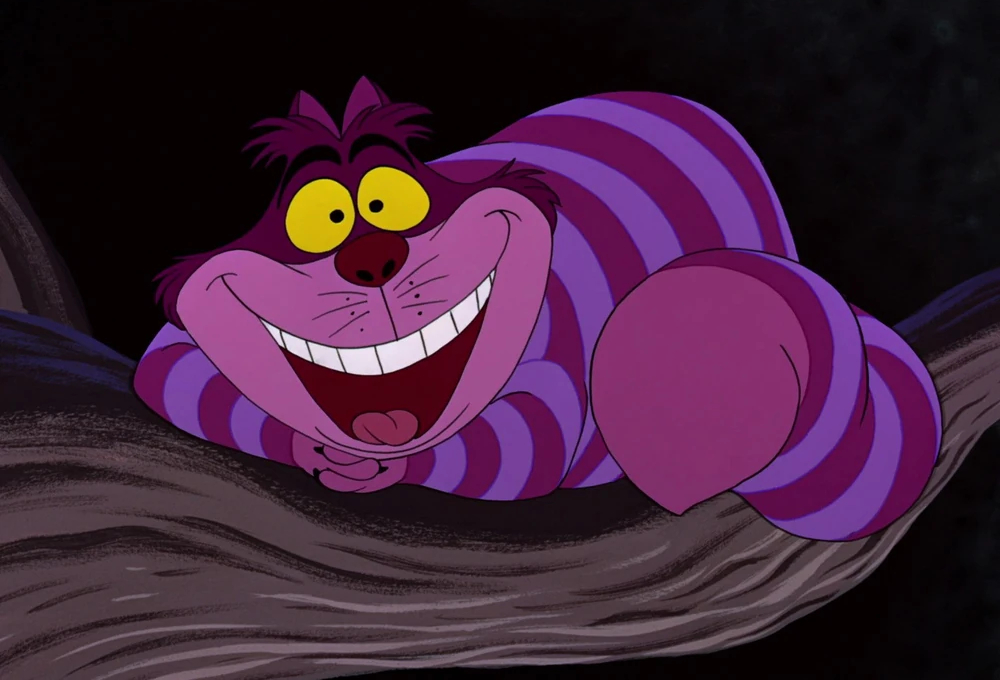
| Breed: | Unknown |
| Reason for Fame: | From Alice in Wonderland |
The Cheshire Cat is from Alice in Wonderland and quickly became famous due to his strange behaviors. He can disappear at will, tending to leave Alice and everyone else confused. Like others in the story, he also enjoys talking in riddles and hardly seems to give straight answers.
11. Hobbes
| Breed: | Tiger |
| Reason for Fame: | Comic Strip |
The Calvin and Hobbes comic strip features Hobbes, who is an imaginary tiger that helps Calvin on all his adventures. While these comic strips only lasted for a decade, they were popular enough to make Hobbes pretty famous.
12. Unsinkable Sam
| Breed: | Domestic Shorthair |
| Reason for Fame: | Historic |
Unsinkable Sam was a famous ship cat during World War II. He lived aboard several British ships and supposedly survived three shipwrecks, earning him his nickname “unsinkable Sam.” He was a bit of a morale booster for the troops.
13. Towser
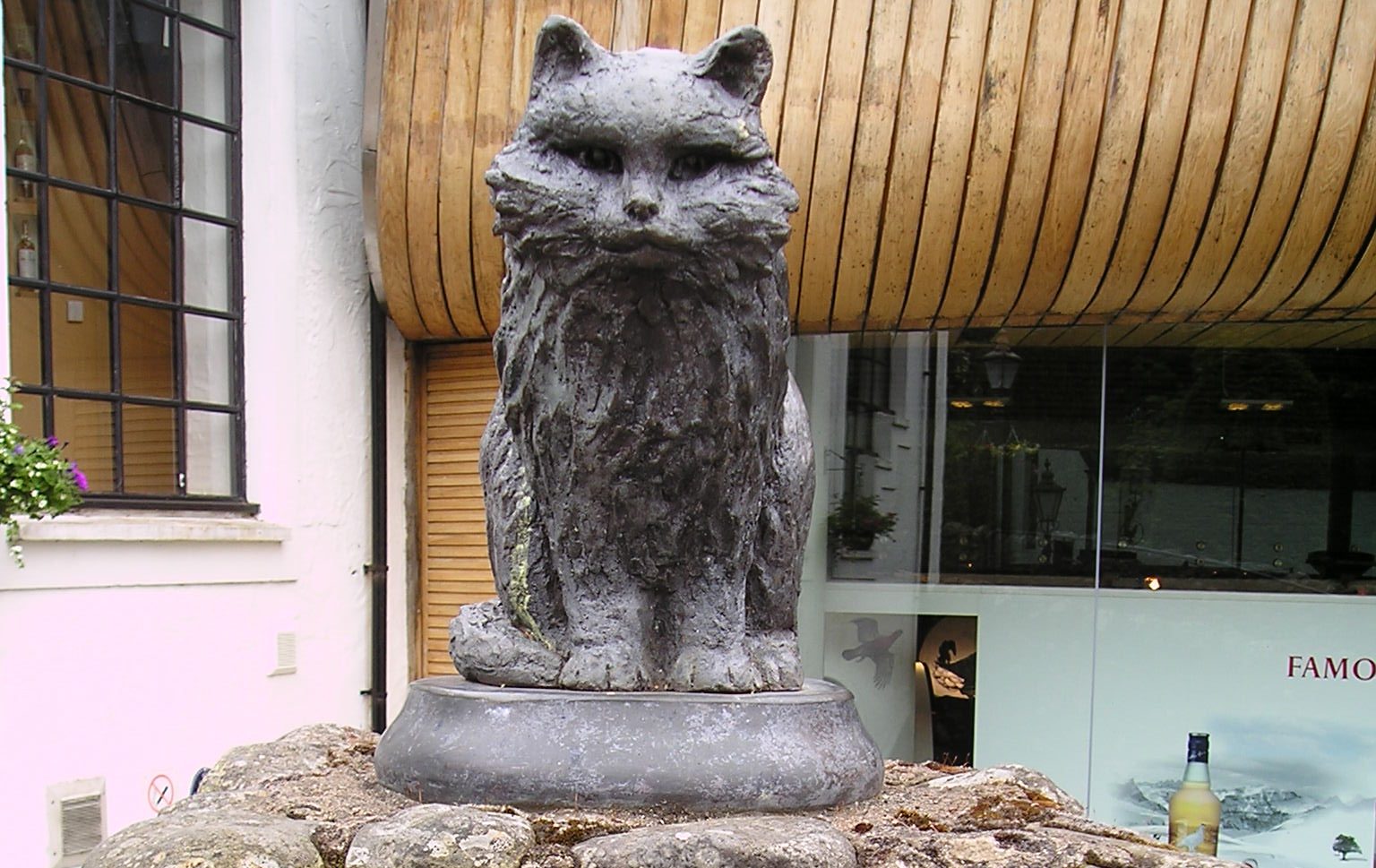
| Breed: | Unknown (Tabby) |
| Reason for Fame: | Best Mouse Catcher |
Towser currently owns the title for the most mice ever caught by a cat. She lived for 24 years between 1963 and 1987, which absolutely helped her win the title. She worked at the Glenturret Distillery, where she kept the stores free from mice by killing around three a day. In total, she killed at least 28,899.
14. Tama
| Breed: | Unknown (Possibly Calico) |
| Reason for Fame: | Stationmaster |
Tama was the stationmaster at Kishi Station in Japan from 2007 to 2015. She became a bit of a local legend before she was spread across the internet, increasing her fame.
15. Venus
| Breed: | Unknown |
| Reason for Fame: | Internet |
Venus is another internet-famous cat who has a half-black and half-orange face. As you might imagine, this odd coloration has led to the cat becoming quite famous on the internet.
16. Cinderblock Cat
| Breed: | Domestic Shorthair |
| Reason for Fame: | Internet |
Cinderblock is a massive cat whose weight loss journey has taken the internet by storm. Unlike many accounts on this list, this one has tons of informational content about feline obesity and how to help cats lose weight.
17. Sunglass Cat
| Breed: | Unknown |
| Reason for Fame: | Internet |
As the name suggests, sunglass cat is always sporting sunglasses and usually visiting a new, interesting location. How does the owner manage to get the cat to wear the sunglasses? We’ll probably never know.
18. Smoothie the Cat
| Breed: | Maine Coon |
| Reason for Fame: | Internet |
Smoothie the Cat is an absolutely massive, fluffy cat that’s exceptionally photogenic. She has over 2 million followers on Instagram, which is mostly full of very nicely taken pictures.
19. Loki
| Breed: | Unknown |
| Reason for Fame: | Internet |
Loki is an online cat that’s known for his snarling expression. Despite how he may look, this cat is actually very nice. The expression is likely caused by a tooth malformation. They’ve made him a very popular online personality.
20. Maya
| Breed: | Unknown |
| Reason for Fame: | Internet |
Maya has a genetic abnormality that has caused him to develop differently from other cats. His social media profiles are about providing that those with disabilities are still awesome and deserve to be loved.
21. Richard Kitty
| Breed: | Unknown |
| Reason for Fame: | Internet |
Richard was an exceptionally famous Instagram cat of his time. However, he passed away very recently, in January 2024. That said, his Instagram page is still active, and he has over 100K followers.
22. Pudge
| Breed: | Exotic Shorthair Mix |
| Reason for Fame: | Internet |
Pudge is an Exotic Shorthair Mix that has a grumpy face and a big personality. Her page is full of fun pictures, which makes you wonder how a cat got so photogenic.
23. Princess Monster Truck
| Breed: | Domestic Shorthair |
| Reason for Fame: | Internet |
Princess Monster Truck was rescued from a NY animal shelter. She’s known for her snarly teeth and frazzled appearance.
24. Sam
| Breed: | Unknown |
| Reason for Fame: | Internet |
Sam is famous almost exclusively for the reason that he has eyebrows! He’s an all-white cat except for his black eyebrows. Despite this claim to fame, he currently has over 200K followers.
25. Hamilton
| Breed: | Domestic Shorthair |
| Reason for Fame: | Internet |
Hamilton is a cat with a mustache. He is another rescue cat, and his owner regularly posts about the importance of rescuing cats at shelters instead of shopping from a breeder.
26. Roku
| Breed: | Scottish Fold |
| Reason for Fame: | Internet |
Roku has smooshed ears and a very large family. He also has a “kitty wife,” who has her own Instagram account.
27. Ta-Miu
| Breed: | Unknown |
| Reason for Fame: | First named cat in history |
Ta-Miu may not be well-known today, but she’s one of the first cats named in history that we still know about today. She belonged to Crown Prince Thutmose, living around 1500 BC. After her death, she was mummified. In fact, her existence is one of the few reasons we know Crown Prince Thutmose existed.
28. Snowball
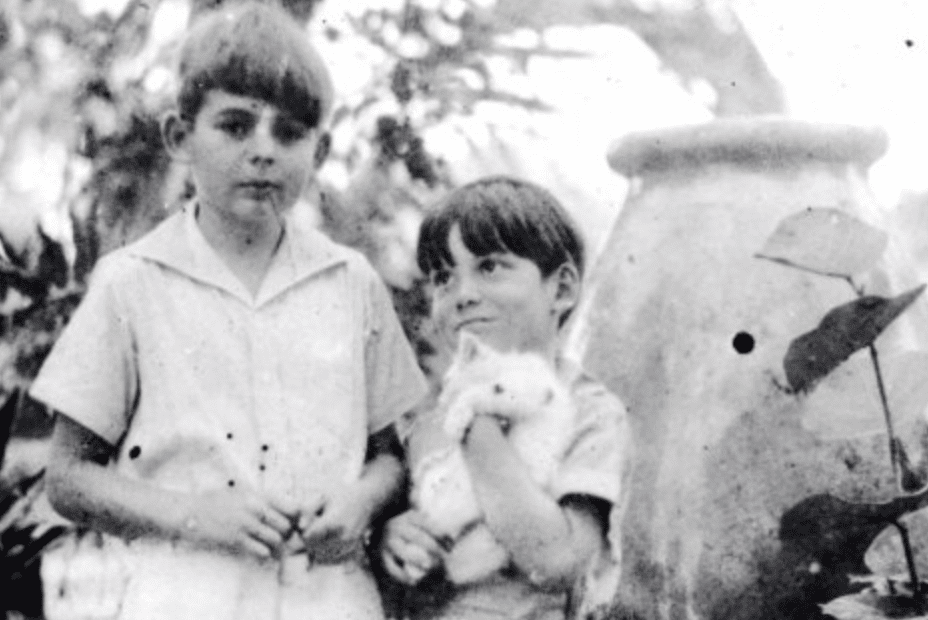
| Breed: | Unknown (Polydactyl) |
| Reason for Fame: | Earnest Hemingway’s Cat |
Snowball was Hemingway’s beloved pet cat. A sea captain gifted the writer the cat, who happened to have an extra toe. From that day forward, the writer became a little obsessed with polydactyl cats. Today, the descendants of Snowball still live on the Hemingway Home estate.
29. Hodge the Cat
| Breed: | Unknown |
| Reason for Fame: | Dr. Samuel Johnson’s Cat |
Hodge the Cat belonged to Dr. Johnson, a famous writer who worked on an early version of the dictionary. He had a deep affection for cats, and he bonded especially with Hodge. In fact, there is even a statue of the cat outside the writer’s historic home today.
Final Thoughts
There are tons of famous cats out there today, largely because of the internet. Some cats on this list are historical or famous for some feat outside of the internet. Most of them are internet stars, though, with the prime “internet cat” being Grumpy Cat. Hopefully, some of these cats have made you laugh or led you to follow some new accounts on Instagram.
Featured Image Credit: Katrin Baidimirova, Shutterstock
Contents
- The 29 Famous Cats
- 1. Felix the Cat
- 2. Garfield
- 3. Sylvester
- 4. Tom Cat
- 5. Grumpy Cat
- 6. Lil Bub
- 7. Nala Cat
- 8. Sammie
- 9. Maru
- 10. Cheshire Cat
- 11. Hobbes
- 12. Unsinkable Sam
- 13. Towser
- 14. Tama
- 15. Venus
- 16. Cinderblock Cat
- 17. Sunglass Cat
- 18. Smoothie the Cat
- 19. Loki
- 20. Maya
- 21. Richard Kitty
- 22. Pudge
- 23. Princess Monster Truck
- 24. Sam
- 25. Hamilton
- 26. Roku
- 27. Ta-Miu
- 28. Snowball
- 29. Hodge the Cat
- Final Thoughts

